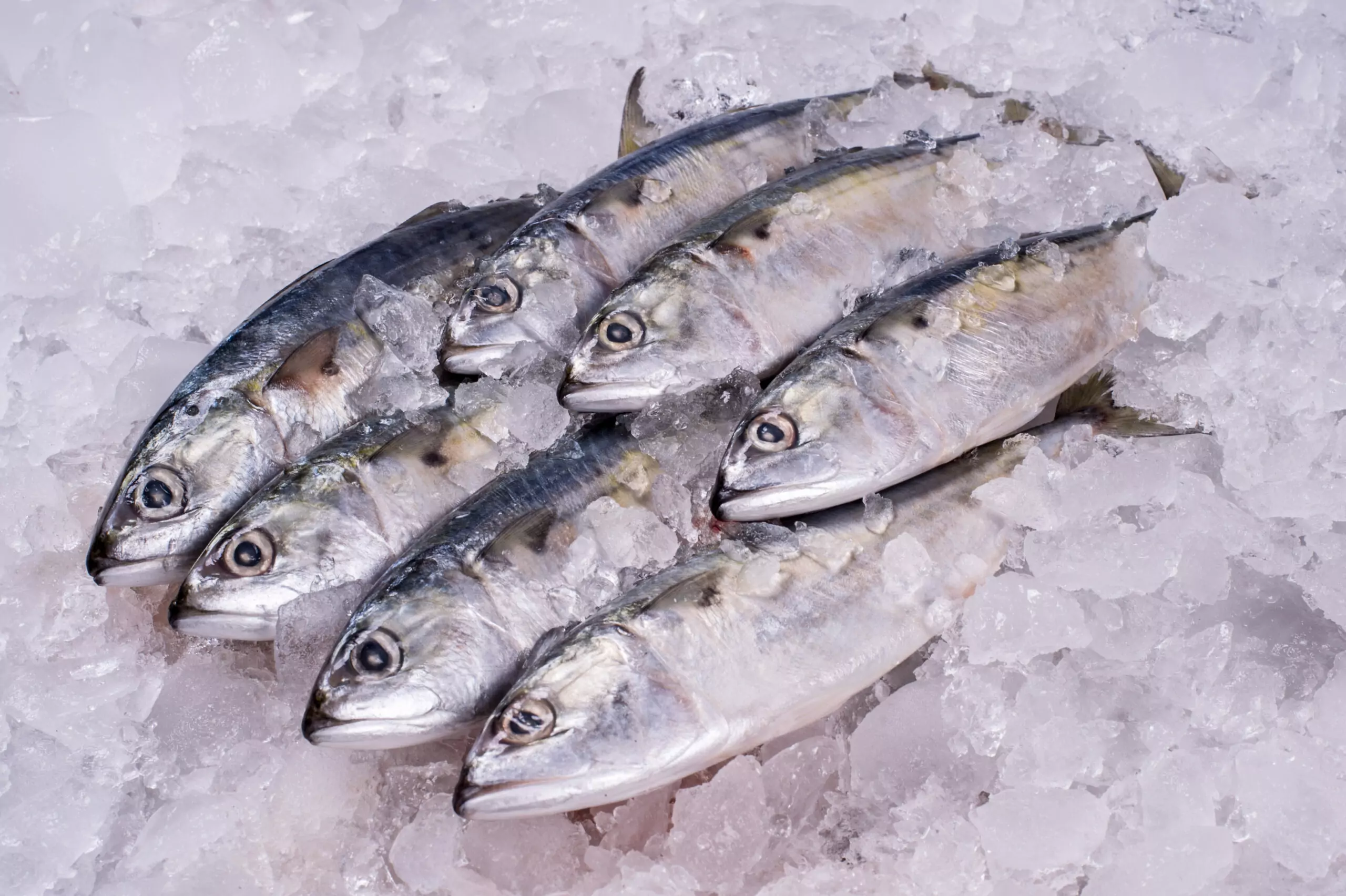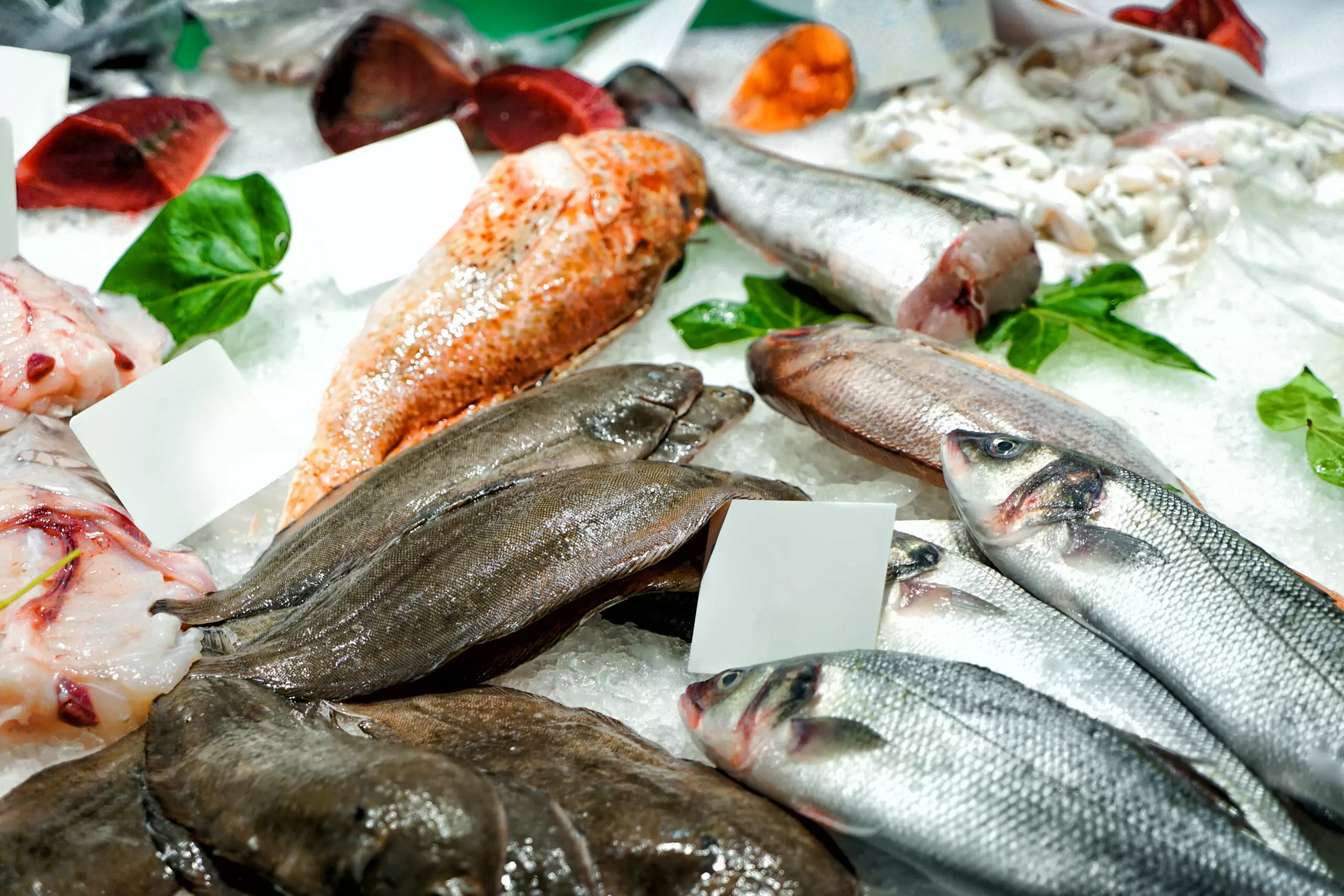“It is anti-development. People who are living in areas where shrimp is being cultivated are being completely devoid of their livelihoods, of their lives… there is so much violence. It’s a system that’s totally non-sustainable, and just to provide some food for people to be able to eat cheaply …. in the consumer countries. How can that be development?” -Khushi Kabir, Murky Waters.
In The Hidden Human Cost Part 1 we touched on the lives of workers who supply the shrimp farming industry in Bangladesh. The film Impossibly Cheap: Abuse and Injustice in Bangladesh’s Shrimp Industry showed us how these workers are abused and exploited, caught in never-ending cycles of debt just to survive. In Part 2 we’ll delve into Murky Waters: Shrimp Farming in Bangladesh, a film by Earth Focus that allows us to see the shrimp farm industry through the eyes of the local community, and how it harms villagers, the environment, and consumers.
Murky Waters: Shrimp Farming in Bangladesh
The local community
It is not just the workers who suffer from the ill practices of shrimp farming. There has been a devastating impact on the communities where the shrimp farms are located. Countless families have lost their once nutrient-rich farmlands, which have been flooded with saltwater for shrimp farms. Food supply and income dwindle for these families because of the encroachment of the aggressive shrimp farms controlled by outsiders.
Those who oppose the shrimp farms are arrested, tortured, even killed. Women are victims of sexual harassment from the farm workers and have no way of fighting back. Children suffer from malnourishment because their family cannot grow enough of even the basic foods. Villages are destroyed from storm flooding, since their protective embankments are weakened by shrimp farms building illegal drainage systems.
The farms are slowly killing the very communities that they should be helping. With an industry as profitable as this one – pulling in $445 million per year for Bangladesh – the local villages should be thriving. Instead, they are starving as a network of corruption ensures that only poverty reaches the local people.
It is argued that the shrimp farming industry is necessary for developing countries like Bangladesh. But when its people are suffering, starving, and subject to such terrible violence and corruption, it cannot be considered development. The human rights abuses and ecological destruction have been happening for over two decades, forging a brutal path of poverty.
The natural environment
The process of catching the juvenile shrimp is decimating the natural ecology of mangrove forests. The shrimp fry are caught with very fine nets, which also catch juvenile fish. When the fry collectors sort their catch, the fish fry are simply tossed into the mud where they cannot survive. For every prawn caught, an average of 50 fish larvae die. With 400,000 fry collectors catching millions of shrimp fry, fish populations are being completely wiped out. This means less fish for fishermen to catch and less fish for people to eat, further depleting their natural resources for food.
The mangroves of Bangladesh are also home to a massive amount of biodiversity. They are essential a habitat for the endangered Bengal tiger, crocodiles, and freshwater dolphins, along with over 200 species of birds. As mangroves disappear, so do the animals who depend on them.
Consumer health
There is a severe threat to consumer health as well. The chemical pesticide endosulfan is used by many of the farmers. This toxic chemical is known to cause extremely detrimental environmental damage, especially on marine habitat. It’s banned in 80 countries across the world, and is illegal in Bangladesh as well. It poses a serious risk to human health, not just the workers but also anyone who eats the prawns from ponds where endosulfan is used. The farmers in this video openly admit to using endosulfan, even knowing how harmful it can be.
Murky Waters uncovers another risk for consumers – the injection of dirty water into the prawns to increase their weight and thus their value. This water could potentially have any number of bacteria that can make consumers sick.
Making informed choices
The western world has an insatiable appetite for cheap, delicious food. But at what cost? We see the extreme social injustice and corruption, the devastation to the environment, the complete and utter unsustainability of the current system – all so that we can eat an inexpensive chemical-laden dirty tropical prawn.
Watching these two films – Impossibly Cheap and Murky Waters – it might feel as though we are powerless to stop the issues that face the people of Bangladesh. They are half a world away. But that could not be further from the truth. It is our appetite that created the problems and it is our knowledge that will solve them.
Informed consumers are powerful consumers – the magnitude of our decisions can reverberate across the world. Our actions can work for the betterment of communities like the ones in Bangladesh, and we can support and create more sustainable industries. It can be very challenging at times to investigate further and discover where your food comes from – but it’s never impossible. There are many resources to help us. Monterey Bay Aquarium’s Seafood Watch provides an excellent guide for shrimp choices. They also offer a list of global resources for consumers to follow local recommendations for sustainable seafood.
And of course if you buy from businesses that are certified by the Marine Stewardship Council, such as Pucci Foods. With Pucci, you have the assurance that your seafood is ethically sourced from the most sustainable options on the market. If we use this way of thinking for all of our seafood, then we will facilitate a movement for seafood options that protect the health of our oceans and allow fishing communities to profit.
“My request to my brothers in foreign land, if you can stop eating shrimps from our country then there is a chance for us to live. If you do not stop eating shrimps then we have no other way to live, we will die…. if these farms are closed down forever, then we will have peace in life.” -Community members in Bangladesh.


